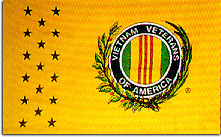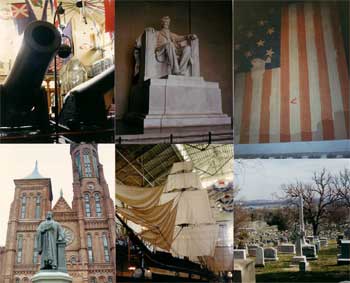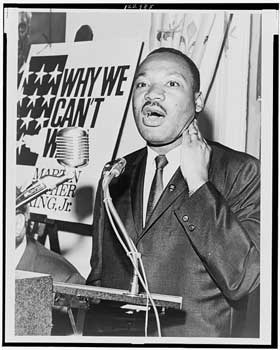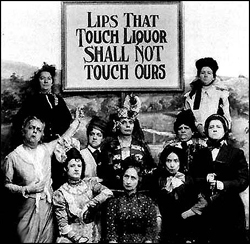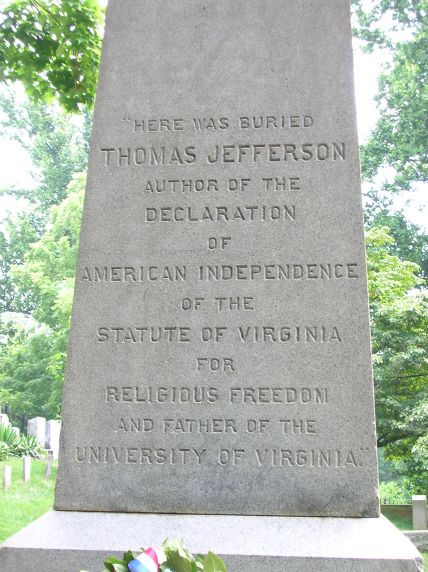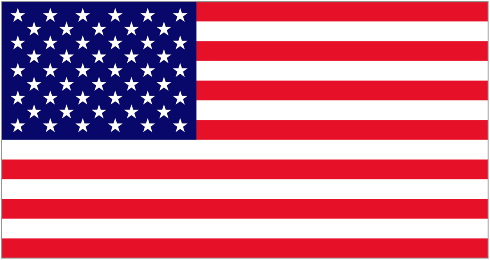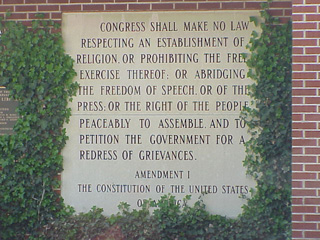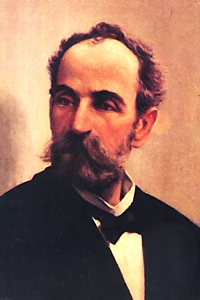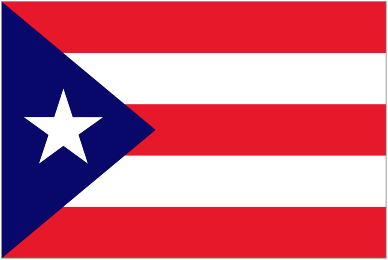January 23

Break out those quills…today is National Handwriting Day. And by no coincidence it’s the birthday of Founding Father John Hancock, famous for signing his name on the Declaration of Independence large enough, so the story goes, for King George III of England to read it without his glasses.
John Hancock made his fortune by inheriting his father’s shipping business. During the days of high British taxes, Hancock was charged with smuggling, but he was lucky enough to have future President of the U.S. John Adams as his attorney. After a five-month trial, the charges were dropped for lack of evidence. The smuggling charges actually increased his popularity among the increasingly rebellious citizens of colonial Massachusetts.
In 1775, when the British declared that they would absolve charges against any colonists willing to put down their arms and live in peace, they made two exceptions: Sam Adams and John Hancock.
Also that year, the Second Continental Congress in Philadelphia elected John Hancock as its president. Under Hancock, the Continental Congress declared the independence of the United States of America and drafted the document which proclaimed it so.
In July, 1776, 100 “Broadsides” of the first Declaration of Independence were printed. These didn’t have any of the Founding Fathers’ signatures—Only two names: John Hancock, President of the Congress, and Charles Thompson, the Congress’s Secretary. And they weren’t signed. The names were printed. Had the Revolution failed at that point, Hancock and Thompson would have been screwed.
As fate would have it, the revolution didn’t fail. In August the entire Congress put their names to the nation’s founding document. That’s the Declaration we’re familiar with, with John Hancock’s scrawling signature overshadowing all others.
There’s no evidence he claimed the large signature was so “King George can read it without his glasses,” a story that gained momentum years after the signing. He was however known for his flamboyance and vanity, and the boast would not have been not out of character.
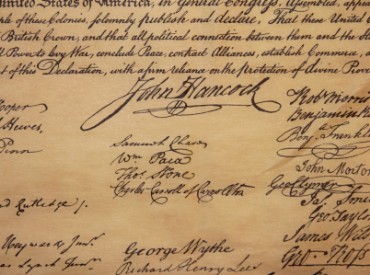
After the Continental Congress, Hancock became governor of Massachusetts, a position he held for much of the rest of his life.
Even today, the term “John Hancock” is synonymous with “signature.” Which is why today is National Handwriting Day, an unofficial holiday promoted by producers of writing tools, who have plenty of reason to promote this holiday.
Whereas penmanship was once considered an indicator of status and intellect, in recent years handwriting itself has joined the endangered species list. According to Lisa Marnell, Director of Handwriting Help For Kids:
Fourth- and fifth-grade kids are learning keyboarding when they would’ve been honing cursive writing, which is much faster than block printing…Also, many younger kids are starting school without the hand strength they need to write well – holding a mouse or playing with a Game Boy simply doesn’t develop fine motor skills.
These days you can write anything on a computer or even a phone, except for two simple yet untype-able words: your signature.
Who knows, we may go back to the olden days–the days when most ordinary people knew how to write only one thing: their signature. In which case, John Hancock would still be the most apropos symbol of our nation’s penmanship.

*Only 25 original Broadsides of the Declaration of Independence exist. One of the best preserved Broadsides was found in 1989 when a bargain-hunter at a flea market bought a $4 picture because he liked the frame. He took it home to discover the Declaration of Independence behind the picture. It last sold for $8 million.

